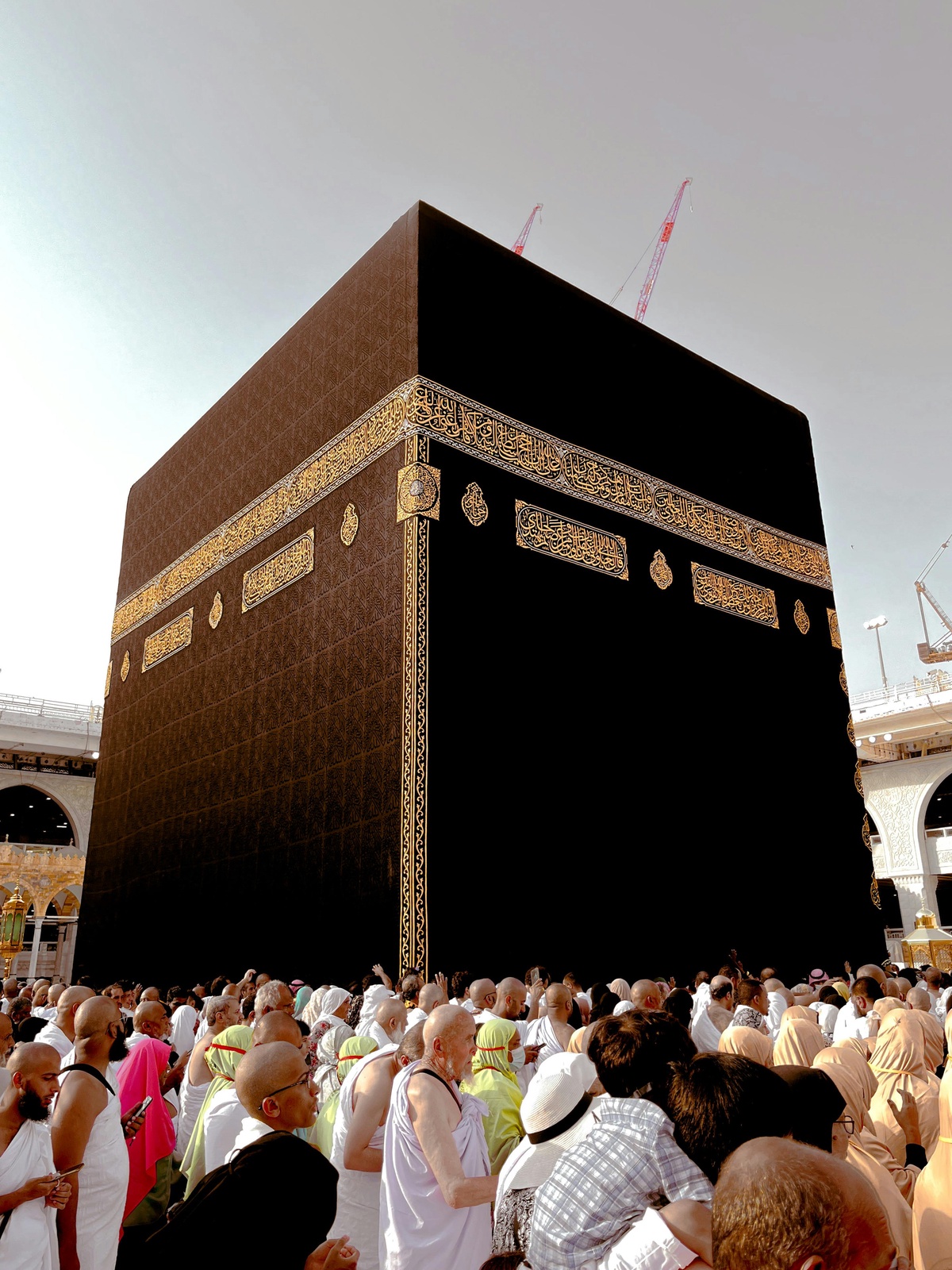Hajj and Umrah, the sacred pilgrimages to Mecca, hold profound significance in the Islamic faith. Muslims from all corners of the globe embark on these journeys to fulfill their religious obligations and deepen their spiritual connection with Allah. This article delves into the intricacies of Hajj and Umrah services, shedding light on their importance, rituals, preparations, accommodations, challenges, and tips for a fulfilling experience.
1. Introduction to Hajj and Umrah
Hajj and Umrah are two distinct Islamic pilgrimages, each with its own rituals and significance. While Hajj is one of the Five Pillars of Islam and obligatory for every financially and physically capable Muslim at least once in their lifetime, Umrah is a non-mandatory pilgrimage but highly recommended. Both journeys involve visiting the holy city of Mecca, the birthplace of Prophet Muhammad, and performing specific rites at designated sacred sites.
2. Importance of Hajj and Umrah
The significance of Hajj and Umrah transcends mere physical acts of worship; they symbolize submission, unity, and devotion to Allah. Hajj serves as a spiritual cleansing, a chance for Muslims to seek forgiveness, renew their faith, and strengthen their bond with fellow believers. Umrah, though not obligatory, carries immense rewards and blessings, offering believers an opportunity to draw closer to Allah and purify their souls.
3. Preparation for Hajj and Umrah
Financial Preparation
Embarking on the pilgrimage requires meticulous financial planning. Pilgrims must account for expenses such as travel, accommodation, transportation, and obligatory sacrifices. Many save for years to afford this journey, considering it an investment in their spiritual growth and salvation.
Physical and Mental Preparation
Preparing physically and mentally for Hajj and Umrah is paramount. Pilgrims undergo medical check-ups, vaccinations, and fitness regimens to ensure they can endure the physically demanding rituals. Mental preparation involves studying the rites, understanding their significance, and cultivating a mindset of patience, humility, and gratitude.
4. Hajj Rituals
Hajj comprises several rituals performed over specific days in the Islamic month of Dhu al-Hijjah. These rituals include:
Ihram
Pilgrims enter a state of consecration by donning Ihram garments, symbolizing purity and equality before Allah.
Tawaf
Pilgrims circumambulate the Kaaba seven times, expressing their devotion and reverence to Allah.
Sa'i
Pilgrims walk briskly seven times between the hills of Safa and Marwah, commemorating Hajar's search for water for her son Isma'il.
Wuquf at Arafat
Pilgrims gather at the plains of Arafat, where Prophet Muhammad delivered his farewell sermon, to seek forgiveness and supplicate to Allah.
5. Umrah Rituals
Umrah rituals are less extensive but equally spiritually significant. They include:
Ihram
Similar to Hajj, pilgrims enter the state of Ihram before commencing the rituals, emphasizing their intention and devotion.
Tawaf and Sa'i-
Pilgrims perform Tawaf by circumambulating the Kaaba and Sa'i by walking between Safa and Marwah, symbolizing their obedience and submission to Allah.
6. Accommodations and Facilities
Mecca provides a range of accommodations and facilities to cater to the diverse needs of pilgrims. From luxury hotels to budget-friendly lodgings, pilgrims can find suitable options to ensure a comfortable stay during their pilgrimage. Additionally, transportation services, medical facilities, and amenities are readily available to support pilgrims throughout their journey.
7. Tips for a Smooth Hajj and Umrah Experience
- Plan ahead and book accommodations and travel arrangements in advance.
- Stay hydrated and take necessary precautions to avoid heat-related illnesses.
- Follow the guidance of experienced mentors or guides during the pilgrimage.
- Maintain patience and humility, embracing the spiritual journey with an open heart and mind.
8. Common Challenges Faced During Hajj and Umrah
Despite meticulous planning, pilgrims may encounter various challenges during their Hajj and Umrah journey. These challenges include overcrowding, language barriers, logistical issues, health concerns, and spiritual tests. However, overcoming these challenges with resilience and faith often leads to profound personal growth and spiritual enlightenment.
9. Conclusion
In conclusion, Hajj and Umrah services offer Muslims a unique opportunity for spiritual renewal, self-reflection, and connection with Allah. These sacred pilgrimages exemplify the principles of devotion, humility, and unity within the Islamic faith. By preparing diligently, performing the rituals with sincerity, and embracing the challenges with resilience, pilgrims can embark on a transformative journey that enriches their lives and strengthens their faith.


No comments yet